‘I’m grateful to be alive after breast cancer... but a price has been paid’
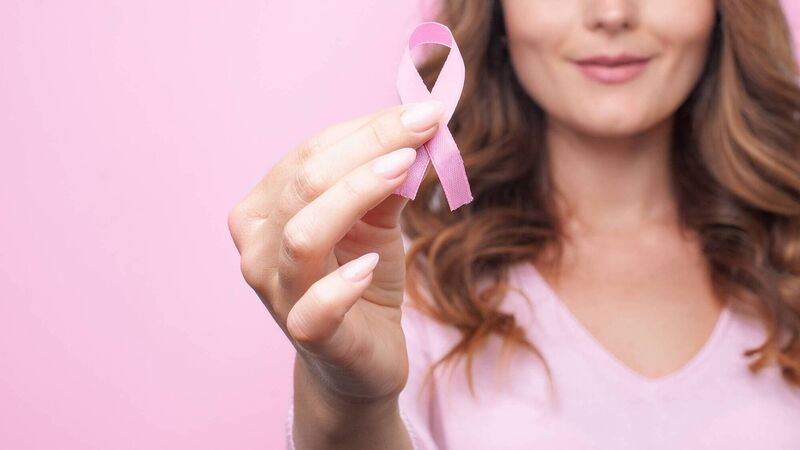
This month marks Breast Cancer Awareness Month.
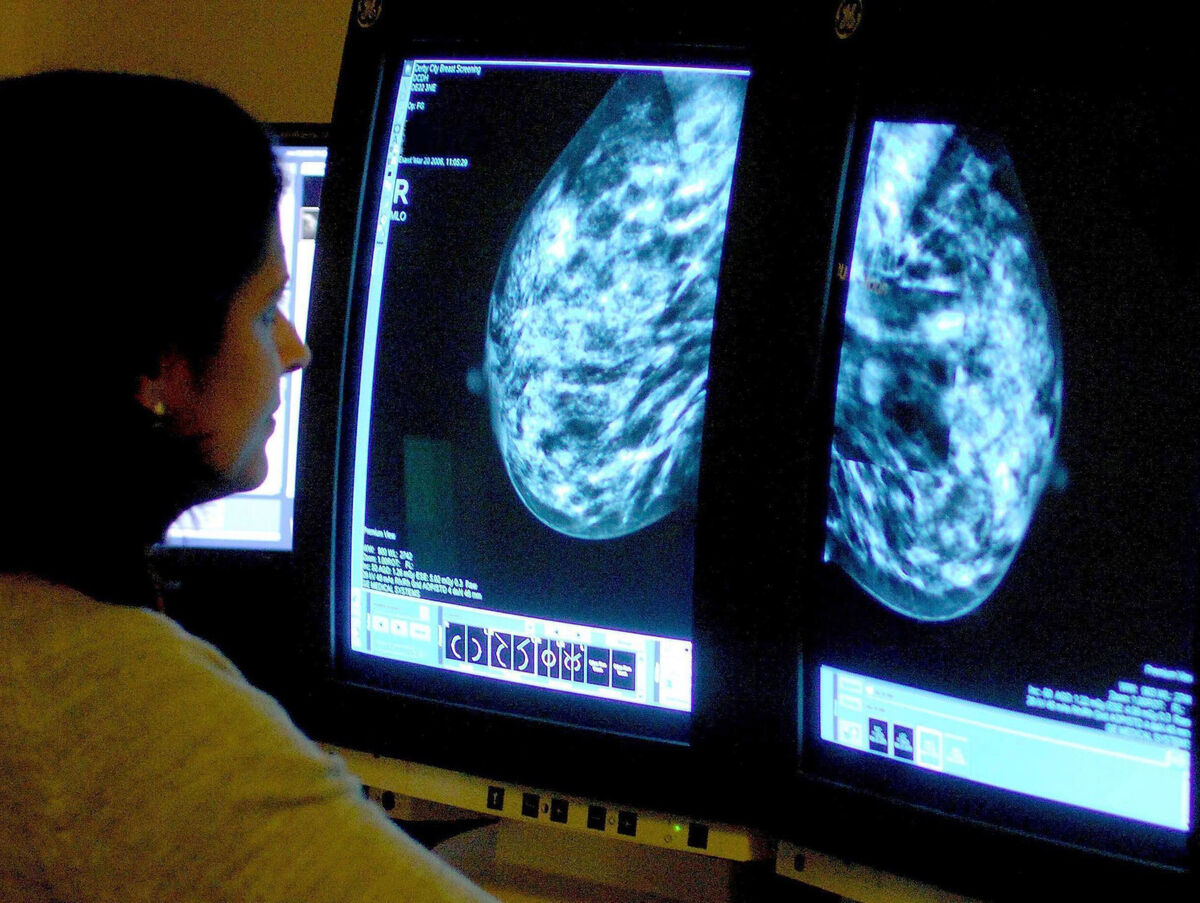
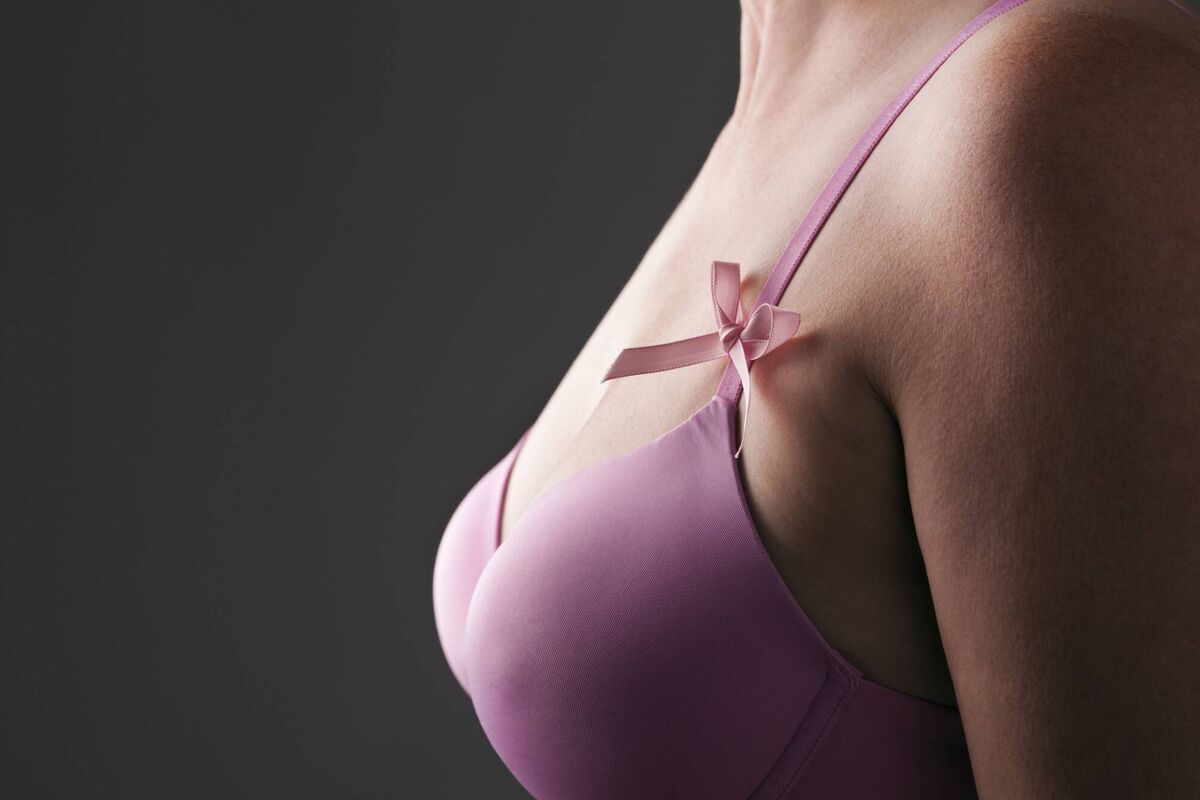
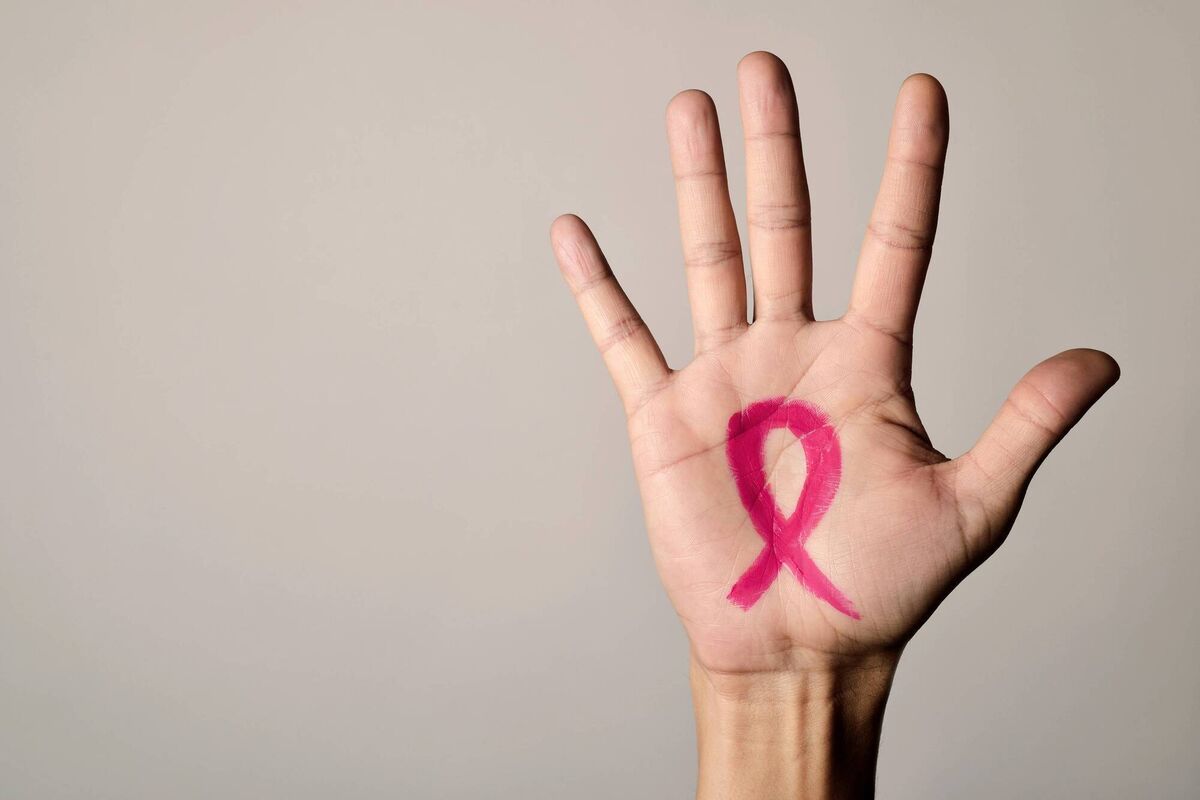
Cork ARC Wilton - Cork ARC Cancer Support ( corkcancersupport.ie)
Cancer Daffodil Centre - Cork University Hospital (hse.ie). The Daffodil Centre is at Cork University Hospital and provides information and advice related to all your cancer concerns. No appointment necessary. Contact: 021 4234536
Cork Cancer Care Centre provides a space for cancer patients and survivors to meet. It also provides services such as holistic treatments, psychotherapy and counselling.
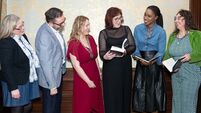


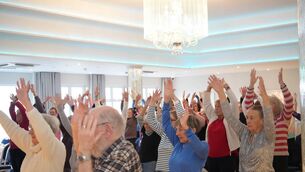



 App?
App?


